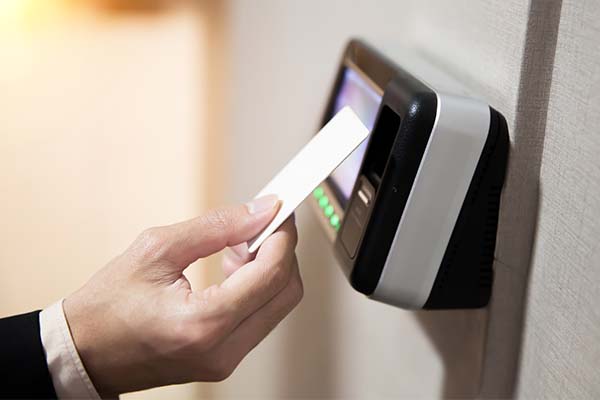Blog
The 3 Key Differences in Residential vs. Business Security Explained
What is the difference between a commercial and a residential security system?
- Who has access to the building and when?
- How are special areas such as storerooms, restaurant cooking facilities, or cash registers protected?
- What special regulations need to be met for securing elevators, stairwells, or parking lots?
- How will data storage and playback issues be handled to address theft, employee disagreements, or customer complaints?
- Do you need to have audible-visible appliances to alert occupants of a building in an emergency?
- Does your elevator have a recall function or two-way voice assistance?
- Is your building required to have an area of refuge?
- Do you have an appropriate Emergency Action Plan?
Explore Our Other Blogs
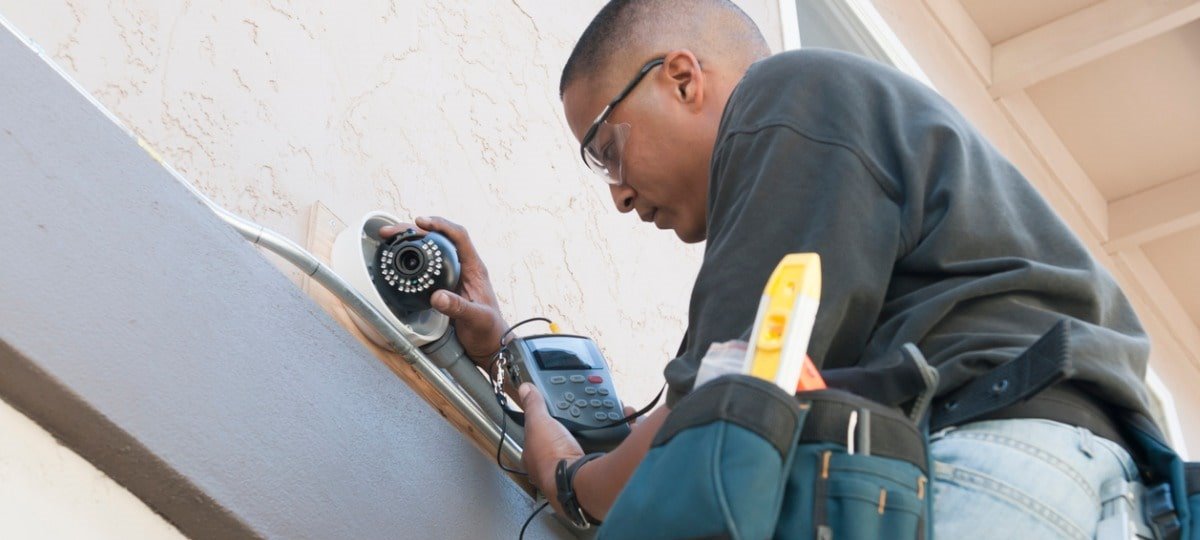
Why Security Camera Installation Should Be Left to the Professionals
Why You Should Hire a Professional Security Camera Installer Type of equipment you choose. The number of cameras you want to install. Where the equipment needs to be installed.
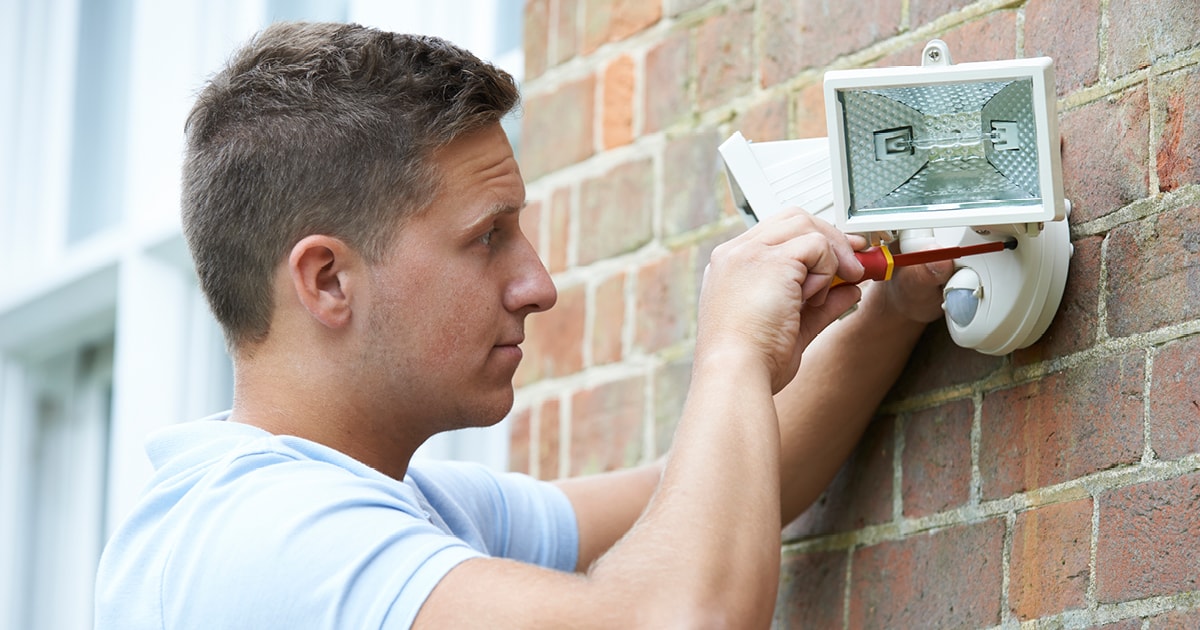
3 Types of Security Lights
Your security system is only useful if you can see what is going on when you can’t be there. This also means that when it gets dark, your cameras need to be able to capture the image clearly. To do this past dusk will require that you set up security lighting. Additionally, check out the…
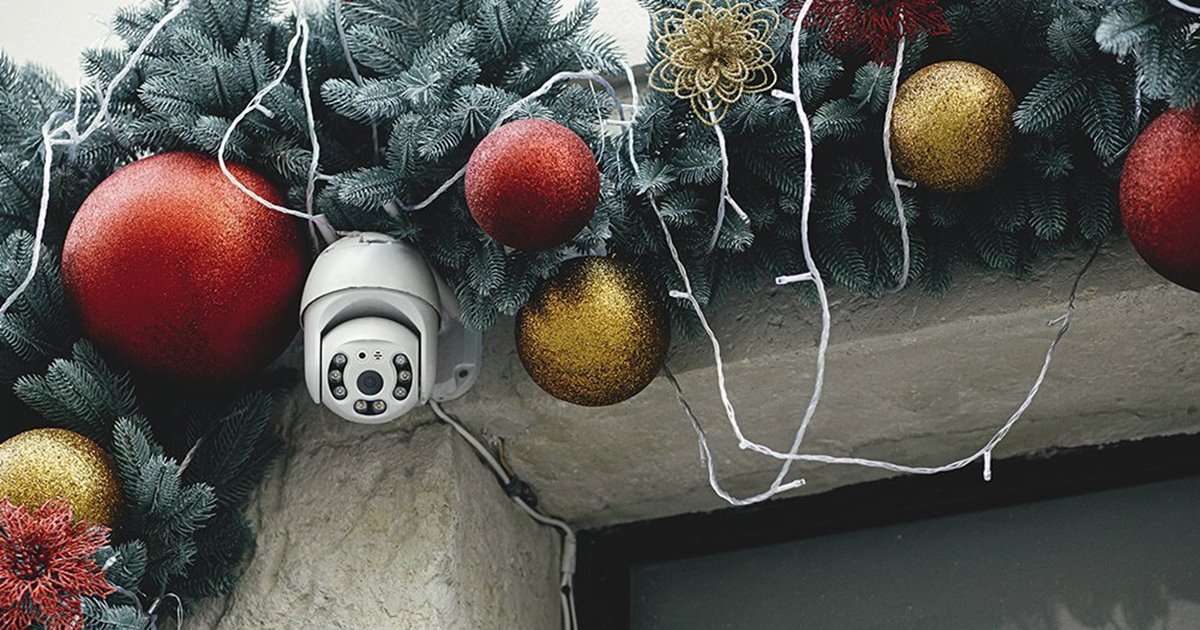
Holiday Safety Tips for Homes and Businesses
With the holiday season right around the corner, burglars are on the lookout for unguarded homes or businesses to prey on. Unlike the Grinch, holiday robbers don’t often have a heart that grows three sizes, making it more important than ever to protect your valuables and your loved ones. Our security experts have come up…
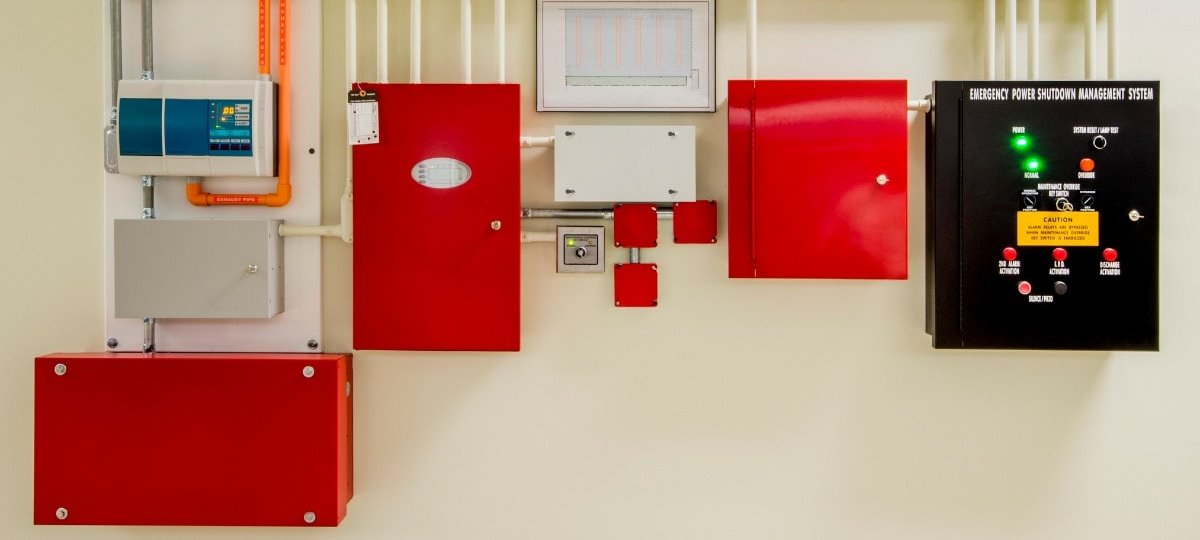
Code Requirements for Commercial Fire Alarms
The International Code Council Assembly: Groups A-1, A-2, A-3, A-4, and A-5 Business: Group B Educational: Group E Factory and industrial: Groups F-1 and F-2 High hazard: Groups H-1, H2, H3, H4, and H5 Institutional: Group I-1, I-2, I-3, and I-4 Mercantile: Group M Residential: Groups R-1, R-2, R-3, and R-4 Storage: Groups S-1 and…

Types of Fire Alarm Systems
How Does a Fire Alarm Work? Thermal detectors- these detect fire through a heat-sensitive element Smoke and carbon monoxide detectors – detect fire in its early stages, while it is smoldering and producing smoke or senses a build-up of certain chemicals in the air Flame detectors – line-of-sight devices that use infrared or ultraviolet light to…
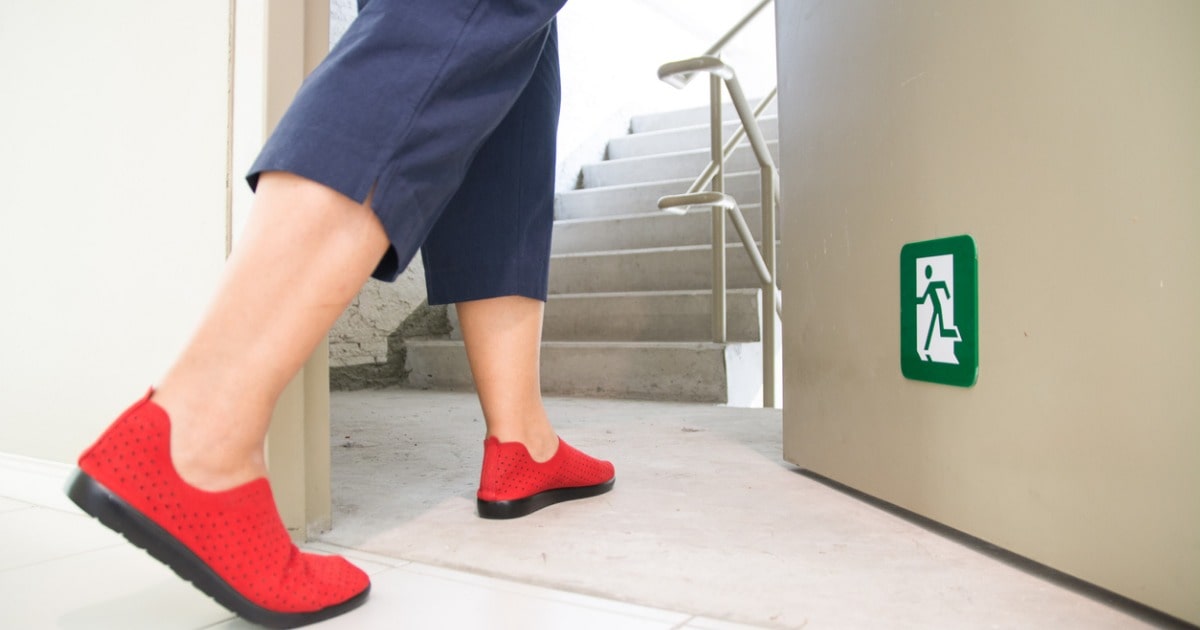
What Is an Area of Refuge?
Area of Refuge Systems An area of refuge, also known as an area of rescue assistance, is a place within a building where people can safely wait for rescue and call emergency responders for help. An area of refuge is part of U.S. federal law, enacted in 1990 as part of the Americans with Disabilities…
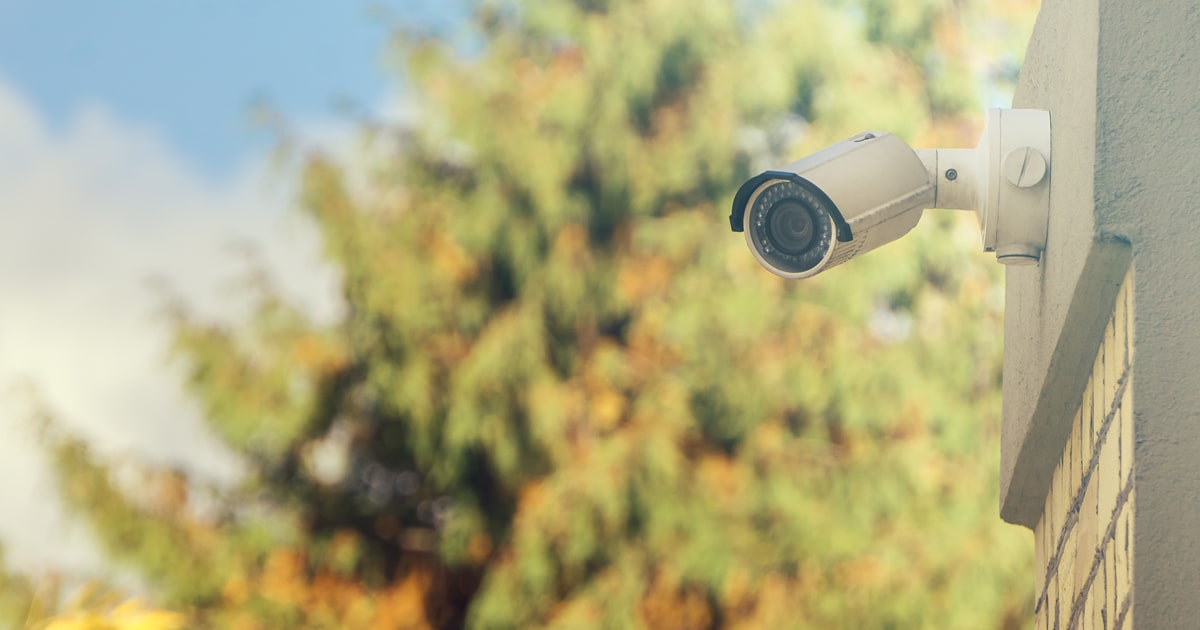
How Much Data Does a Wifi Security Camera Use?
Internet Speed Bandwidth Internet bandwidth is a significant issue nowadays. Everything is tapping into the internet— from our phones to our refrigerators. If you’re installing internet protocol (IP) security cameras, they will inevitably use some of the bandwidth from your network. The question is, how much? When you purchase home internet service, you typically…
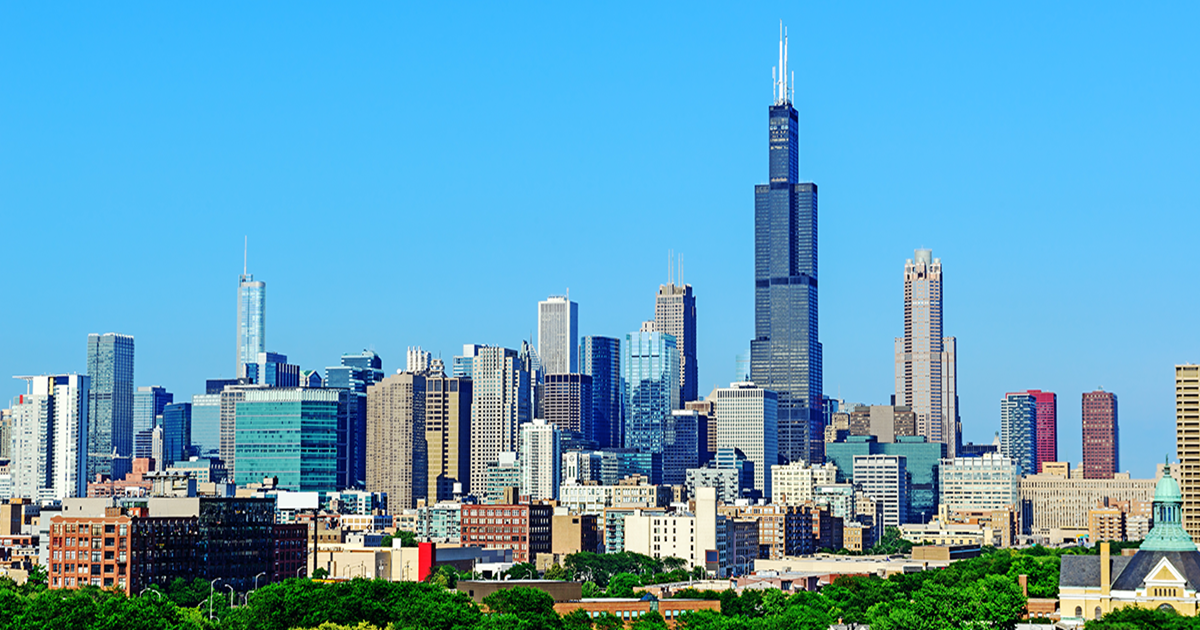
Choosing a Safe Neighborhood in Chicago
There are a lot of great places to live in Chicago. From the historic vibe of Printers Row to the ultra-stylish River North, there are neighborhoods to fit every personality. But are they safe? It turns out, many of them are. According to Niche.com—which ranks neighborhoods based on crime, schools, cost of living, etc.—the short commuting…

How Poor Security Can Cost Your Business
Poor security practices have hidden costs With the many expenses that business owners must juggle for day-to-day operations, security often falls by the wayside. Even though it seems like an easy way to save money, the cost of handling a break-in can surpass the money you’d spend on installing and maintaining a security system. Here…
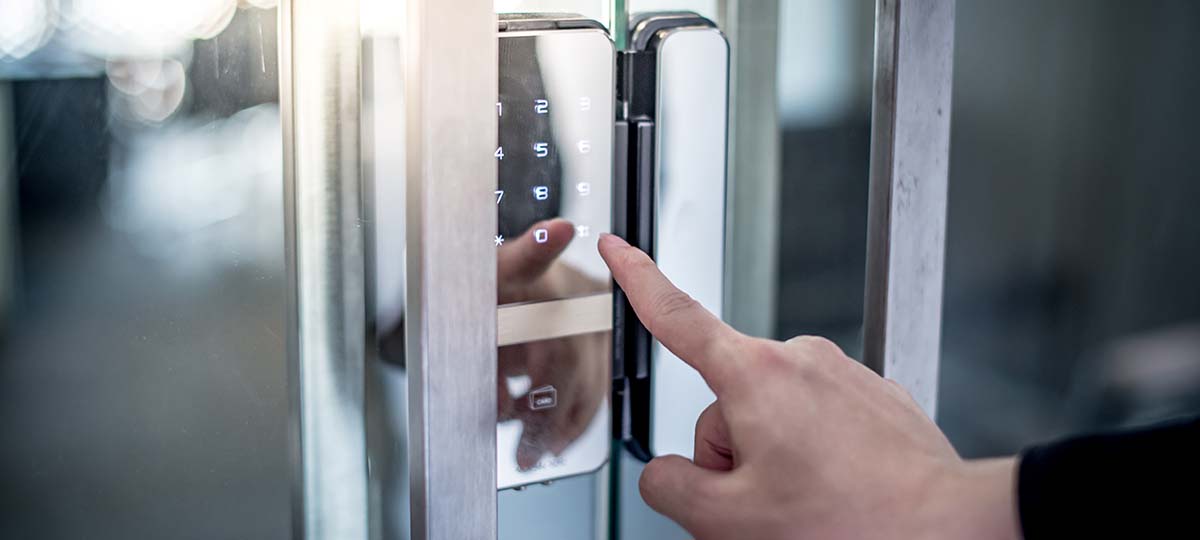
What to Know About Smart Locks
Smart locks have been on the market for several years and continually gain features as technology advances. Learn how useful they can be and how to find the best option for your home or business. What’s a smart lock? Smart locks are door locks controlled digitally. These locks can be monitored and controlled by an…

